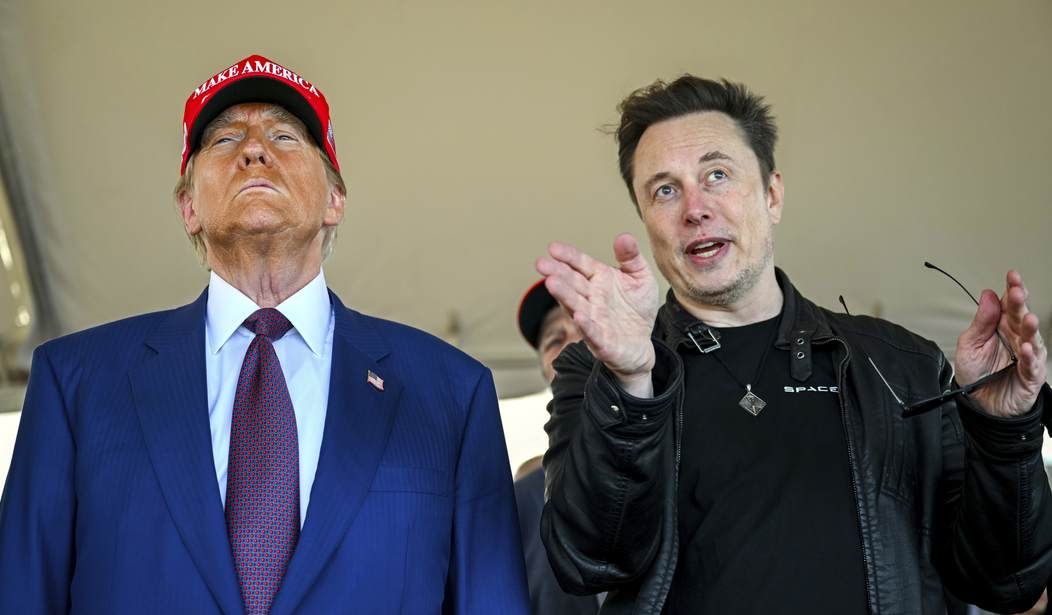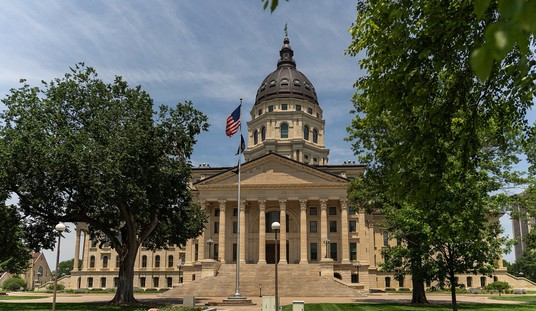Thousands of federal workers were dismissed Thursday as part of the first round of Trump's reduction in the size of government. The dismissals targeted probationary employees, that is, those employees with less than two years of service, because they have little job protection.
Recent hires in probationary status do not maintain the same protections against firings as do most other federal workers, though they can still appeal to the Merit Systems Protection Board if they allege the firings took place for partisan political reasons.
Earlier this week, OPM convened a call with federal agencies’ general counsels and instructed them not to pursue widespread firings of probationary period workers. Instead, OPM said, they should terminate only such workers that they have deemed poor performers.
Still, the dismissals have taken place on a widespread basis at least at the Consumer Financial Protection Bureau, Small Business Administration, Education Department, General Services Administration and, now, OPM itself.
The action took place two days after a federal judge reinstated Trump's buyout plan. Apparently, if a probationary employee had accepted the buyout, they were spared immediate dismissal.
It was not immediately clear how many of those hired by the federal government within the last two years would be affected. One person familiar with the matter said some employees, such as those working on public safety and law enforcement issues, would be spared, and agency heads could exempt others.
Everett Kelley, president of the American Federation of Government Employees, the largest union representing federal workers, said in a statement his union would “fight these firings every step of the way,” including by pursuing “every legal challenge available.”
“Employees were given no notice, no due process, and no opportunity to defend themselves in a blatant violation of the principles of fairness and merit that are supposed to govern federal employment,” Kelley said.
The fact that the same labor unions that got laughed out of court on their opposition to the buyout and encouraged bargaining unit members not to take the deal are now defending the people it disadvantaged should be bitterly ironic to those newly unemployed civil servants.
Some thoughts on these firings:
First, it is a signal that the administration is deadly serious about reducing the size of the government. It is also a signal that it does not think that John Thune and Mike Johnson have enough juice with their caucuses to make this a formal reduction in force. Both have razor-thin majorities and just enough quislings to prevent decisive action.
Second, this is the absolute worst way to conduct a reduction in force if you are trying to shape rather than eliminate agencies. Ideally, you peel the side off the force structure pyramid, retaining experience at all levels; you definitely don't want to eliminate everyone who has been hired in the last two years.
Third, this is a very effective way of getting rid of everyone Joe Biden brought into the Civil Service without running afoul of rules that forbid firing for political reasons. There will be some talented folks let go, but along with those few will be a new generation of leftists out to change our country into the post-apocalyptic sh** hole that they seem to want.
Fourth, when coupled with a very serious hiring freeze, the loss of personnel to this mass firing will make it impossible for agencies to do a lot of things they had taken on.
I'm sure this is headed off to court, but as we saw two days ago, personnel actions must go through administrative appeals before they can come to court. The unions may fume, but with a firing on this scale, the timeline to adjudicate the cases will be decades.












Join the conversation as a VIP Member